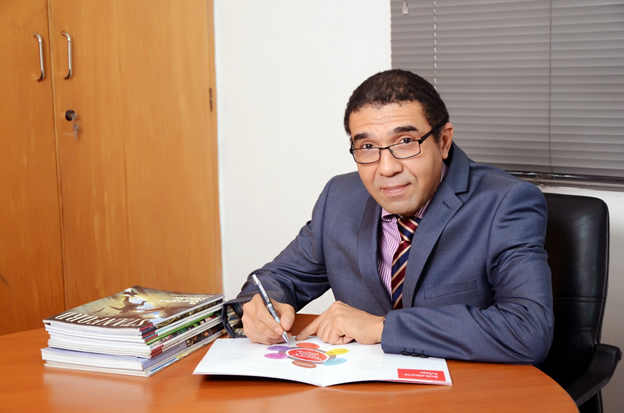How To Best Manage Your Expectations
In our day-to-day struggles in managing our various businesses and personal activities, there are some simple and consistent concepts that if applied, will do the following:
• Improve the ability to predict outcomes
• Improve the accuracy of the information
• Ensure that tasks are effectively carried out and achieved
• Minimize risk exposures
• The Management of both your business and personal affairs are greatly improved for better results
I will start with the one I find most interesting and do apply consistently in my day-to-day interactions with people. This is the concept that says you get what you inspect and not what you expect. So, the question is what is the difference between ‘expectation’ and ‘inspection’. ‘Expectation’ is defined as “a strong belief that something will happen or be the case”, while ‘inspection’ is defined as “a careful examination or scrutiny”.
In our day-to-day activities, we tend to ask questions to get answers that will help make critical or important decisions. The answers to the questions asked may determine your expectation, however, without any form of inspection of the answers given to the questions asked, you are working on strong beliefs. Therein lies the risk of failed outcomes.
Let me give a simple example that tends to occur daily!
You are expecting a parcel to be delivered to you by 8 am and have set an expectation based on a promise by the person delivering. By 7:30 am you call to confirm if the delivery is still at 8 am and the answer you got is an affirmative yes. However, after a ‘no show’ at exactly 8 am, you call again and the response is that “the delivery personnel is close by”, at 8:30 am you call again, the response this time is “the delivery personnel is now in your neighbourhood, will deliver in 15 minutes”…anyway, to cut the long story short the parcel got delivered at 9:30 am, one hour thirty minutes late. This delay will perhaps negatively impact your engagements with other people who you had promised based on the delivery at 8 am.
The reason for the above situation is due to lack of inspection!
A simple and direct question like “where are you now?” at 7:30 am, would have given you some idea whether they can make it by 8 am or not (except if the called party is a chronic liar, which is a different kettle of fish). With the advent of a Google map, you can check and see the time it will take from where he claims to be at to your place which in turn may confirm to you whether the 8 am appointment is feasible.
By conducting timely inspections, you can improve the accuracy of the expected result. If 8 am is not realistic you can on your own set a more realistic time and re-set the expectation early and not when it is a little too late. To be able to apply this concept effectively, you must study the art of questioning. If you ask the right type of questions the answers you get will improve your ability to determine the result or expectation. When it comes to questioning you have open and closed questions. These are used to achieve different results. However, we will investigate this further in another article.
The importance of this concept of inspecting i.e., scrutinizing ‘expectations’ simply implies that it is more important to inspect the information you are given and not just accept whatever is given to you hook line and sinker. Whenever you set expectations without the required inspections, you are exposing yourself and your business to the risk of failure and unmet expectations.
Mind you, unmet expectations may lead to low morale, loss of customer confidence, loss of income, loss of integrity amongst others.
I encourage you to practice the art of inspecting expectations, in setting a realistic and achievable outcome.
Until I come your way next time, do enjoy the rest of this week and continue to stay safe.
Written By: Andrew Ejoh, Managing Director at Resourcery Plc and he writes from the city of Lagos, Nigeria.






